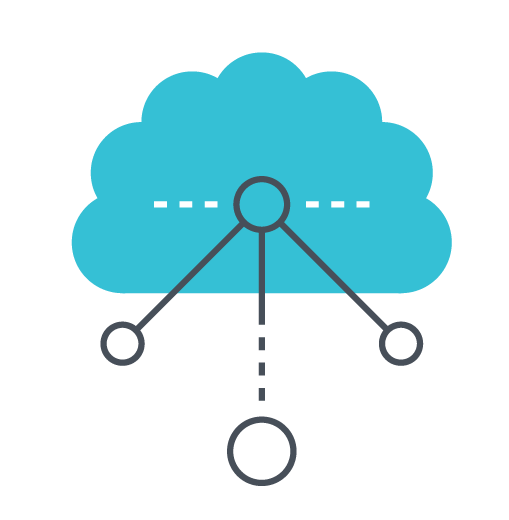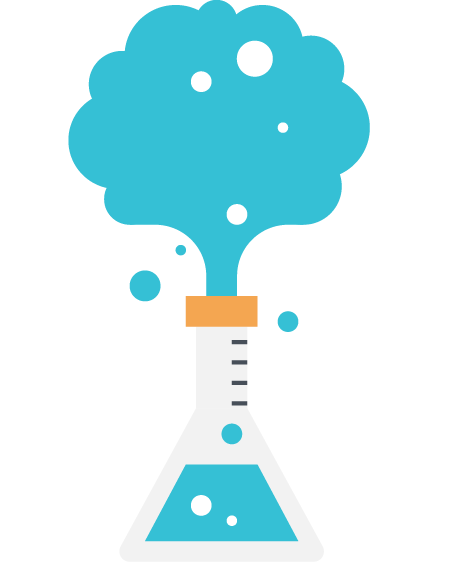
Mindfulness at Work

Mindfulness Deep Dive
Mindfulness is the ability to be fully aware of what is going on in the present moment, without judging one's experience. It involves paying attention to one's thoughts and feelings without getting carried away by them.

Breaking It Down
There are three core components of mindfulness - intention, attention, and attitude. Intent involves knowing why one acts the way they do. Attention involves focussing on the present moment without being distracted by the past or future. Attitude involves having an open mind.
When at Work...
Focus on the Present
One can develop mindfulness at work by consciously focussing on the present moment, and paying attention to their emotional and physical state while doing a task.
Be a Single-Tasker
Multi-tasking is a myth - trying to do two things at once has been found to actually dip productivity. One can be mindful at work by carrying out only one task at a time.
Practise Gratitude
Training the brain to focus on the good things at work can help people feel positive. In fact, practising gratitude also makes people more resilient in difficult times at work.
Cultivate Humility
By becoming aware of their dependence on others, an individual can become more open and understanding of other people. Humility towards work and colleagues can increase mindfulness.
Develop Acceptance
Acceptance can help individuals make peace with unchangeable situations at work and thus reduces distress. It involves acknowledging a situation as it is, without trying to change it.
Adopt a Growth Mindset
By adopting this mindset, individuals are more likely to be open to criticism and feedback at work. This in turn can help them grow in an organisation, both professionally and personally.
Why Mindfulness at Work Matters
Benefits for the Individual
When employees are coached to be mindful, they experience lesser stress at work. Mindfulness also improves memory, focus and productivity. Feeling engaged with one's work can also increase job satisfaction.
Benefits for the Organisation
Mindfulness is good for a company - it can help leaders find self-confidence and help subordinates cope with demanding bosses. It also increases the output received from each employee, ultimately yielding better productivity for the organisation.
InnerHour Solutions for Mindfulness
InnerHour provides a unique programme based on your organisation's requirement. We offer targeted programmes to help your employees become more mindful.
Proprietary Diagnostics
InnerHour's ongoing evaluation framework assesses various factors that enable employees to be mindful at work. The InnerHour Happiness Test also evaluates happiness levels and links it back to mindfulness data.
Targeted Action Plan
A series of interventions is collaboratively designed and delivered in order to promote mindfulness for individual employees as well as teams within an organisation.
Our trained therapists conduct a series of workshops on teaching various skills of mindfulness and training employees to apply these skills in everyday life - including their work and relationships.
Through the InnerHour app, employees can get access to a large pool of mindfulness and guided relaxation audios. The app's goal setting and tracking mechanism will enable employees to build a mindfulness habit in a matter of days.
Employees who wish to gain a deeper understanding of themselves and want support in practising mindfulness can talk to an InnerHour therapist for professional support.
References
Demarzo, M. M., Montero-Marin, J., Cuijpers, P., Zabaleta-del-Olmo, E., Mahtani, K. R., Vellinga, A., … García-Campayo, J. (2015). The Efficacy of Mindfulness-Based Interventions in Primary Care: A Meta-Analytic Review. Retrieved from https://www.ncbi.nlm.nih.gov/pmc/articles/PMC4639383/
Hofmann, S. G., Sawyer, A. T., Witt, A. A., & Oh, D. (2010). The effect of mindfulness-based therapy on anxiety and depression: A meta-analytic review. Retrieved from https://www.ncbi.nlm.nih.gov/pmc/articles/PMC2848393/
Spijkerman, M. P. J., Pots, W.T.M. , & Bohlmeijer, E.T. (2016). Effectiveness of online mindfulness-based interventions in improving mental health: A review and meta-analysis of randomised controlled trials. Retrieved from https://www.sciencedirect.com/science/article/pii/S0272735815300623



 InnerHour Tips
InnerHour Tips

